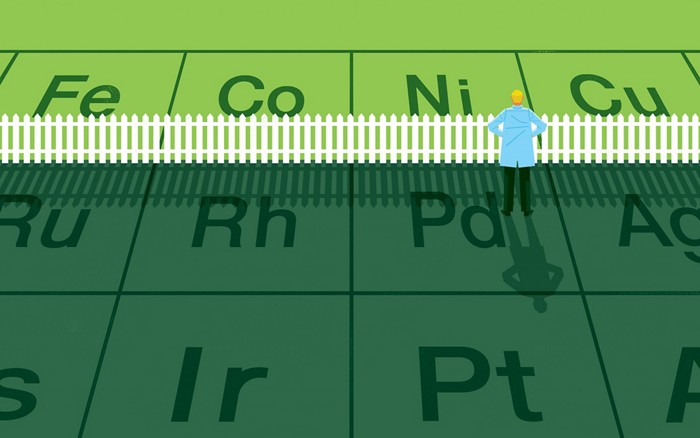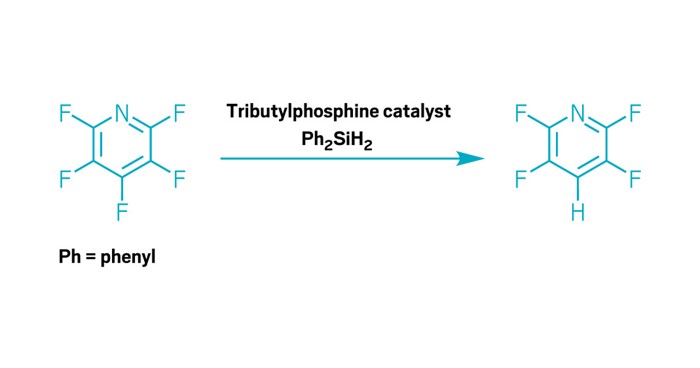Advertisement
Grab your lab coat. Let's get started
Welcome!
Welcome!
Create an account below to get 6 C&EN articles per month, receive newsletters and more - all free.
It seems this is your first time logging in online. Please enter the following information to continue.
As an ACS member you automatically get access to this site. All we need is few more details to create your reading experience.
Not you? Sign in with a different account.
Not you? Sign in with a different account.
ERROR 1
ERROR 1
ERROR 2
ERROR 2
ERROR 2
ERROR 2
ERROR 2
Password and Confirm password must match.
If you have an ACS member number, please enter it here so we can link this account to your membership. (optional)
ERROR 2
ACS values your privacy. By submitting your information, you are gaining access to C&EN and subscribing to our weekly newsletter. We use the information you provide to make your reading experience better, and we will never sell your data to third party members.
Catalysis
Combining heat with light boosts methanol synthesis from CO2
Study unravels reaction mechanism occurring on common catalyst
by Mitch Jacoby
April 5, 2020
| A version of this story appeared in
Volume 98, Issue 13
Annual global production of methanol sits around 100 million-metric-tons and is growing quickly. Used as a precursor to make formaldehyde and other commodity chemicals, methanol is produced industrially via hydrogenation of carbon monoxide with the help of a catalyst consisting of copper, zinc oxide, and alumina. Many studies have shown that CZA catalysts can also produce methanol from carbon dioxide, suggesting a way to control atmospheric levels of the greenhouse gas. But limited understanding of the reaction mechanism and best conditions for converting CO2 to methanol has hampered development of that technology. Researchers led by Rose Amal and Jason Scott of the University of New South Wales have now shown that the performance of CZA catalysts, normally activated by heat only, can be boosted by combining heat with light, and they have deduced a multistep reaction mechanism explaining the basis of the improvement (Nat. Commun. 2020, DOI: 10.1038/s41467-020-15445-z). The team showed that irradiating the catalyst with ultraviolet and visible light while heating it simultaneously excites copper and zinc oxide, which synergistically activates molecular hydrogen and drives conversion of HCOO reaction intermediates. Compared with thermal catalysis, the photothermal process can raise the methanol yield 30% while running 50 °C cooler.




Join the conversation
Contact the reporter
Submit a Letter to the Editor for publication
Engage with us on Twitter